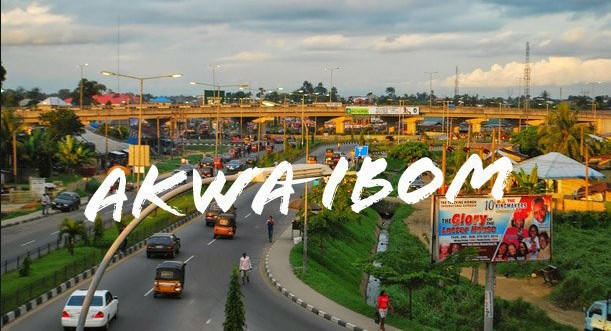The search for self-identity anchored on holistic development fired the patriotic zeal of our forebears for the well-deserved self-determination.
From the cradle, the road to an independent entity was strewn with thorns and thistles. The spirited efforts watered by persistent but altruistic efforts bore testimony to our statehood. The targeted dream culminated in the birth of a long-yearned state 35 years ago, on September 23, 1987.
The celebration that heralded the realization of decades-old dream was palpable. The reality brushed off bottled-up emotions and assuaged the yearnings of resourceful, creative and productive people defined by a common ancestry towards a common goal.
Read also
- Two Akwa Ibom House of Assembly members Lose seats
- Akwa Ibom, 19 Nigerian States at risk of flooding in Sept- NiMET
- Suspected murderers of policemen in Akwa Ibom Nabbed
From an innocent toddler guided by our founding fathers to adulthood stage, Akwa Ibom’s voyage to greatness is not ankled on fair weather floor but marbled on rugged hills of planning, execution and effective implementation of policies and programmes by successive leaders.
At 35, our state like emerging tiger has come from the dunghill of ruralness to the zenith of cosmopolitan architectural masterpiece. From infrastructural renaissance, robust public sector, vibrant industrial sector, productive human/natural resources, enlightened political class, crude oil/gas trove to awakening skilled/unskilled labour, flourishing tourist sites, the state is a sort of Mecca for visitors, tourists and investors alike.
Despite the beckoning outlook with her propensities and potentials, Akwa Ibom is not yet an el-dorado. Our state is still civil service-oriented. Our local economy, despite the media-hyped industrial boom, is not stimulated and rejigged for the emergence of a virile, but strong private sector-driven economy. Our rural areas are wallowing in squalor and abject poverty, given the fact that electricity supply and pipe-borne water and other social amenities still remain a mirage. Our tourism potentials are yeaning for exploitation. Insecurity is like a hydra-headed monster both at the urban and rural centres.
Most health institutions remain like a glorified carcass where people go to die than be saved, as most of them are bereft of life-saving drugs, facilities and qualified medics, thereby fuelling high level infants and maternal deaths.
Environmental degradation peaks. Our arable lands harangue on the altar of policy somersaults. Our rich human/natural resources are underutilized. Quality education has developed wings as our basic school system has turned to purported centres of teen cultists and avenues for teenage prostitutes, rather than centres for effective teaching and learning.
Political consciousness bereft of literacy drags the political office holders and politicians along the labyrinth of ignorance, and sycophancy. Hunger and deprivation have become albatross, weighing most homes down, as they could hardly live above poverty line with less than a-Dollar-a day.
Therefore, as Akwa Ibom marches forward in the avalanche of modern development, there is need for a paradigm shift in the leadership recruitment process so as to install credible, dedicated, committed, honest and focused leaders to engender a new narrative and trajectory in the governance system.
Leadership is the fulcrum of any development- from human to physical growth- and it can only evolve through transformational and dynamic political calculus, rather the state will slide into the backwater of historical irrelevance.
Moreover, we need an active, literate, thoughtful and cooperative followership for symbiotic relationship with government and its apparatus. Followers should be able to criticise constructively and then cause the government to be accountable for the monthly allocations and internally generated revenues.
There is, therefore, need for the followers to partner government for key development policies and programmes to be enunciated and implemented for the overall well-being of the state and its people.
Through futuristic development, foresighted programmes and collaborative efforts of the leaders and the citizenry, Akwa Ibom of today will be able to define and sustain that of tomorrow.
Only socio-political synergy and ethnic symbiosis can drive the cause and raise the curve to the higher heights.
At 35, we salute the people for their enduring patience and cooperation in fostering the development of the state. We believe that in years ahead, the state shall continue to grow in leaps and bounds to the glory of God.

